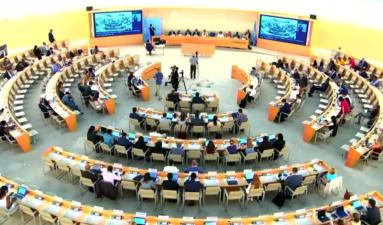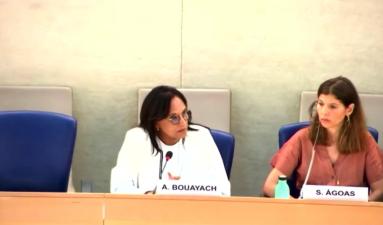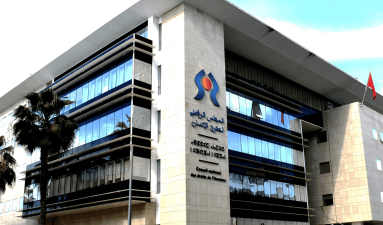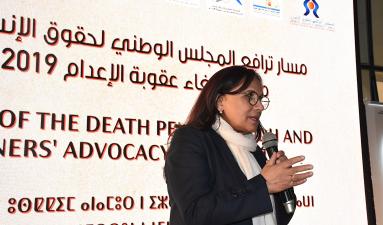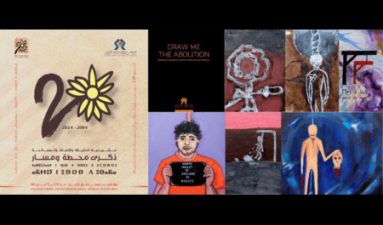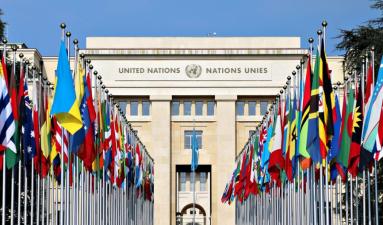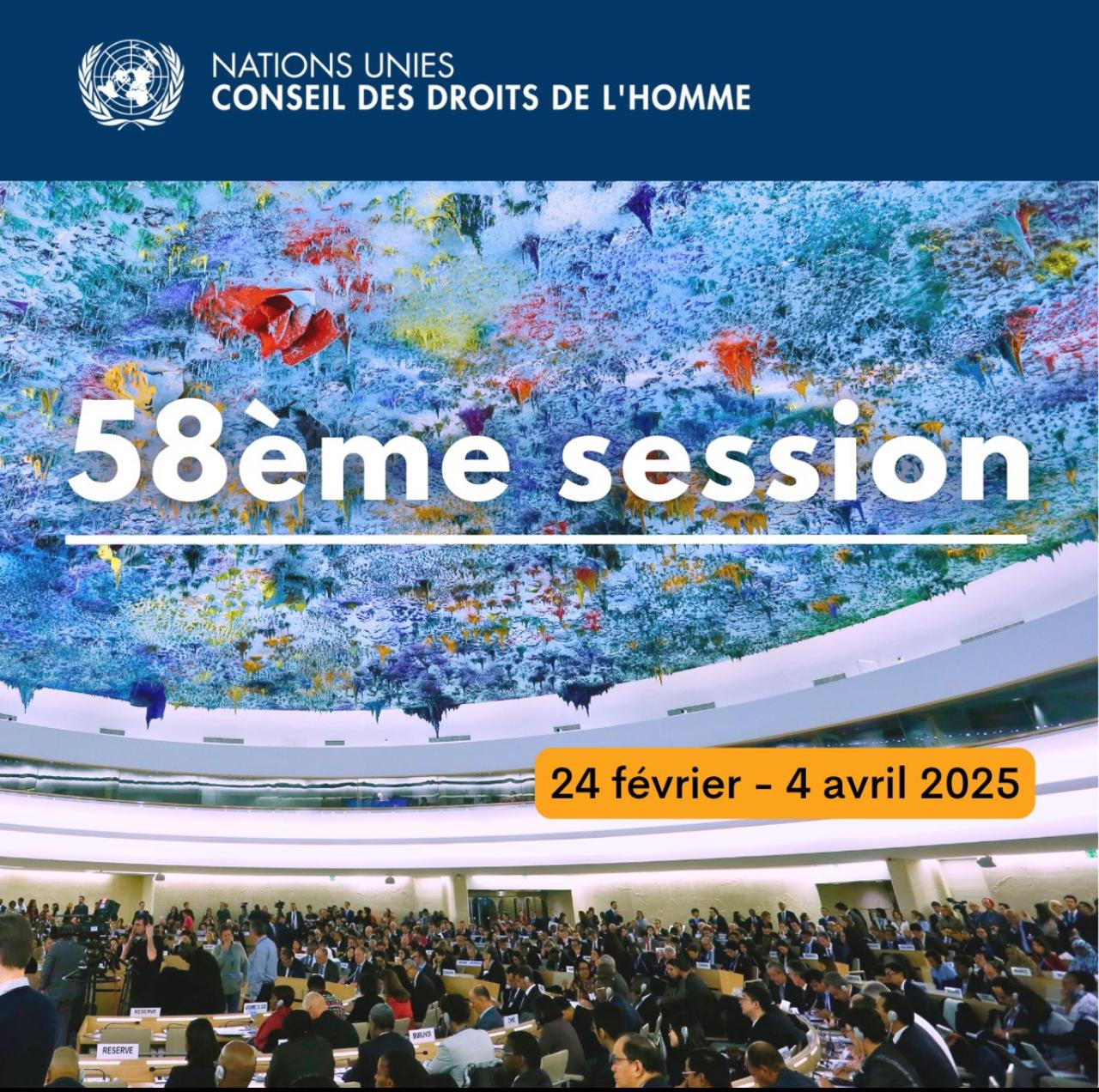
Today, in Geneva, the National Human Rights Council (CNDH) welcomes Morocco’s vote last December in favor of the UN General Assembly resolution calling for a moratorium on the death penalty. Speaking at the United Nations Human Rights Council (UN HRC), the CNDH described the decision as a historic milestone that aligns with its longstanding recommendations, as well as the efforts of human rights defenders advocating for the abolition of capital punishment.
In an oral statement on behalf of the CNDH, Mr. Mustapha Najmi, Director of the Human Rights Promotion Directorate, stressed the need to leverage this momentum to amend Morocco’s Penal Code to permanently abolish the death penalty both in practice and in law. The CNDH has been advocating for human rights reform in Morocco for years, calling for legislative changes at the national, regional, and international levels to end capital punishment and ensure full compliance with human rights treaties.
In this context, Ms. Amina Bouayach, CNDH Chairperson, previously reiterated this call at Morocco’s historic vote celebration, urging the Moroccan government and parliament to take decisive steps toward abolishing capital punishment. She emphasized the need to align Moroccan legal provisions with Article 20 of the Moroccan Constitution, which guarantees the right to life, as well as the country’s international human rights obligations.
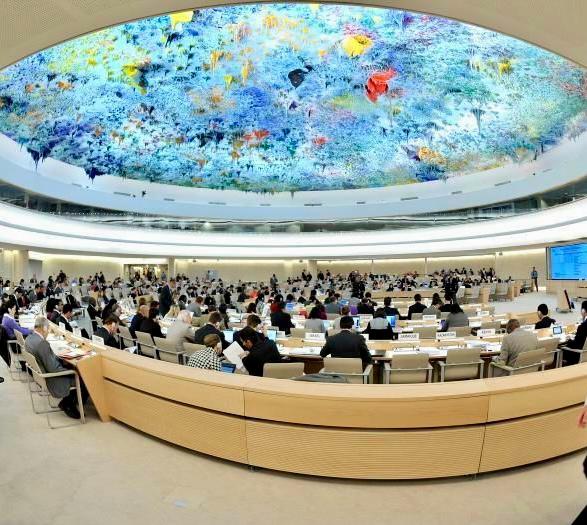
Furthermore, in its address at the UN Human Rights Council, the CNDH once again encouraged the Moroccan government to ratify the Second Optional Protocol to the International Covenant on Civil and Political Rights, which calls for the universal abolition of the death penalty. At the same time, the CNDH acknowledged Morocco’s de facto moratorium on executions, in place for decades, as a positive human rights practice.
While awaiting the official abolition of the death penalty, the CNDH remains committed to monitoring the conditions of death row inmates in Morocco. This includes observing fair trial procedures, visiting prison facilities, assessing inmate conditions, and providing legal and social support to vulnerable prisoners.

